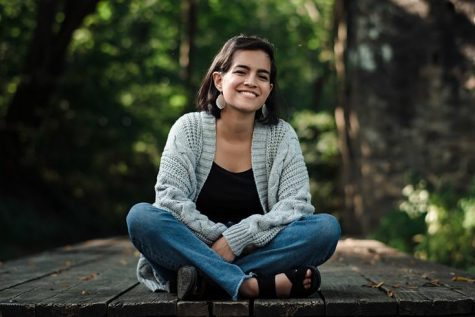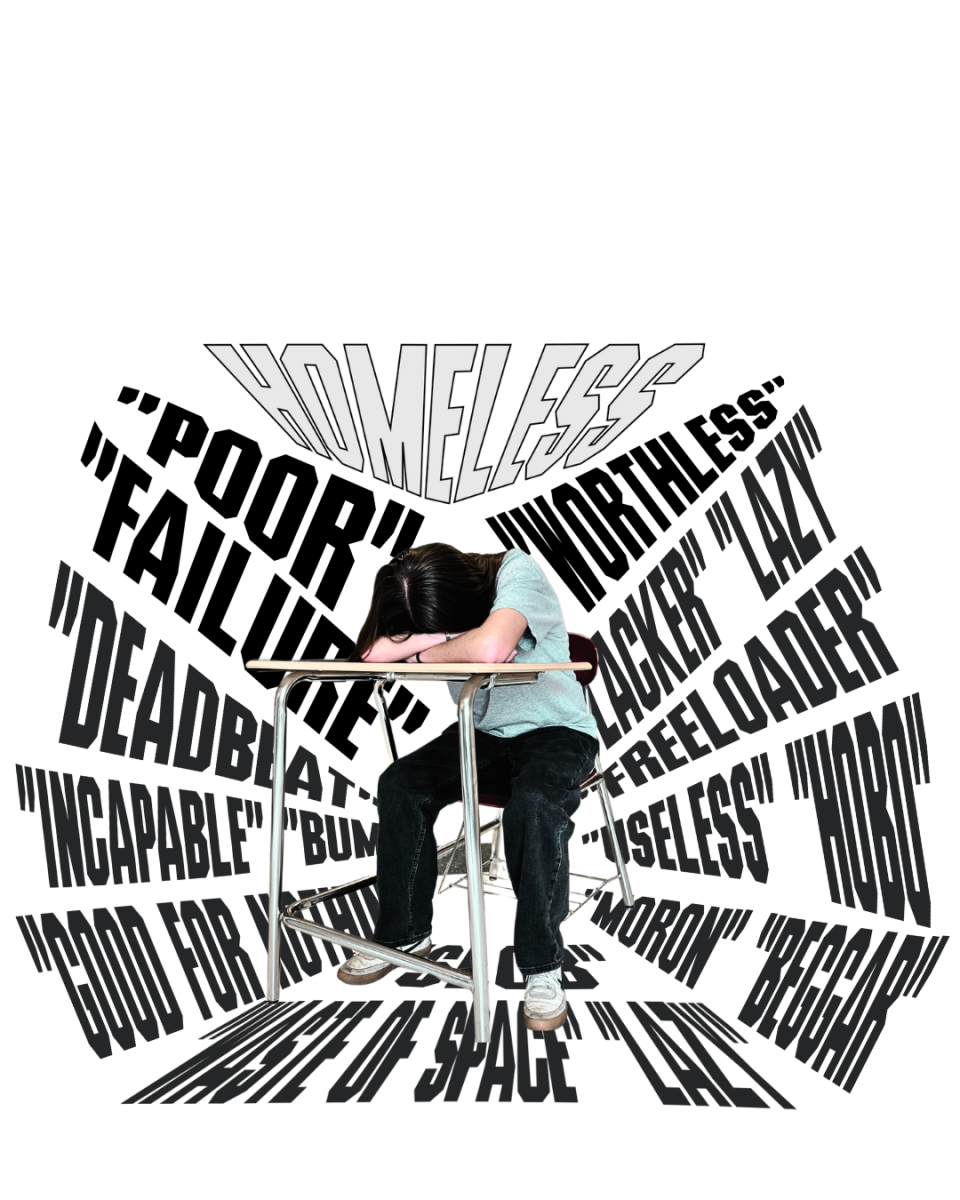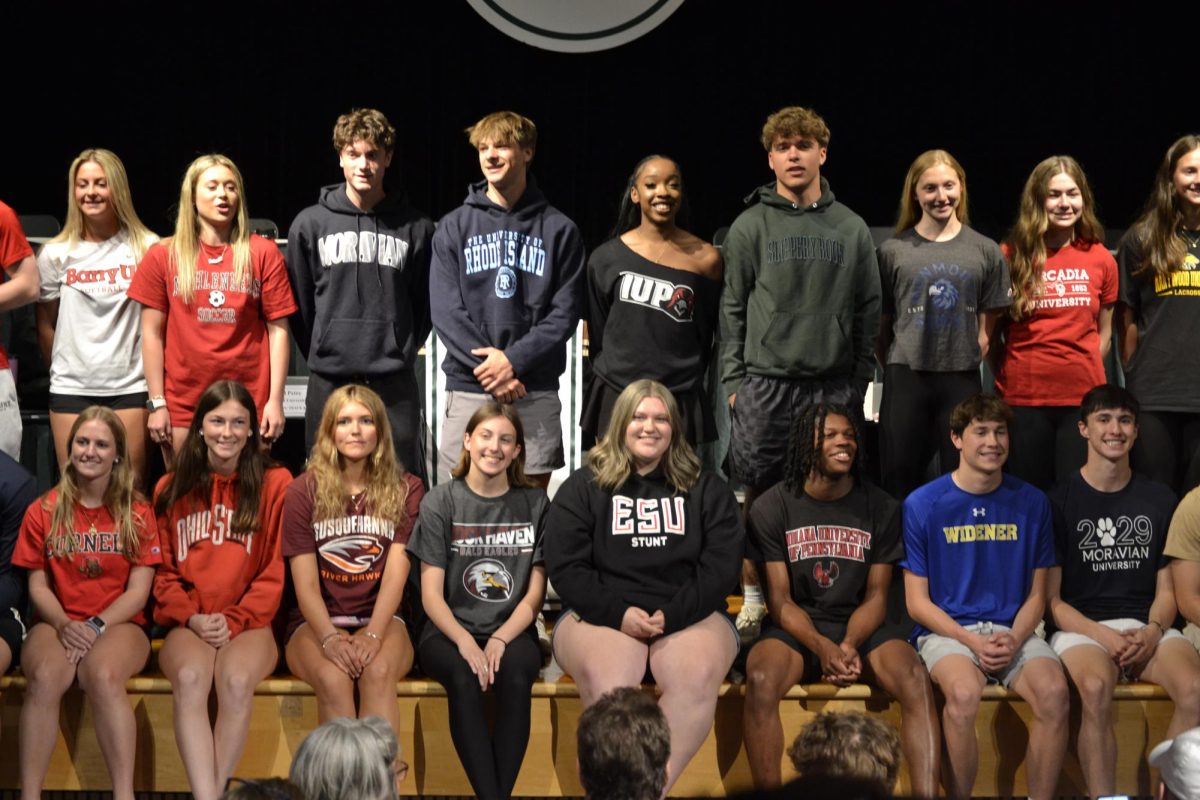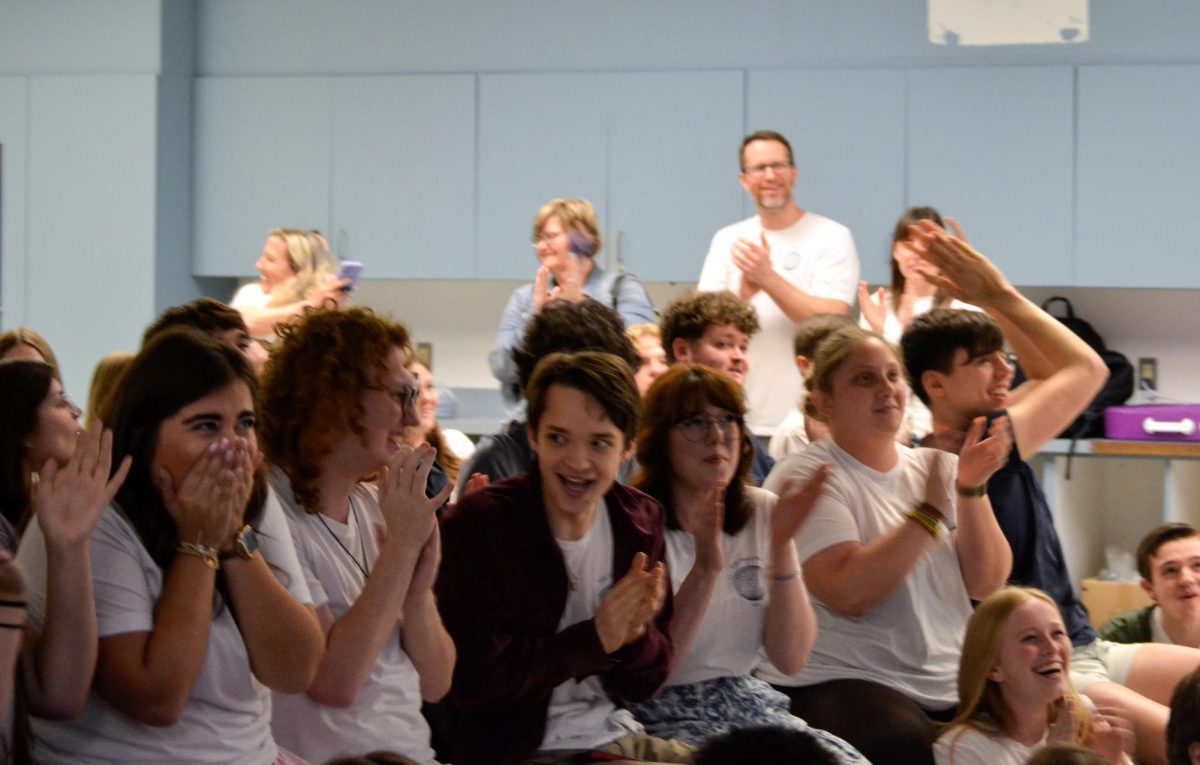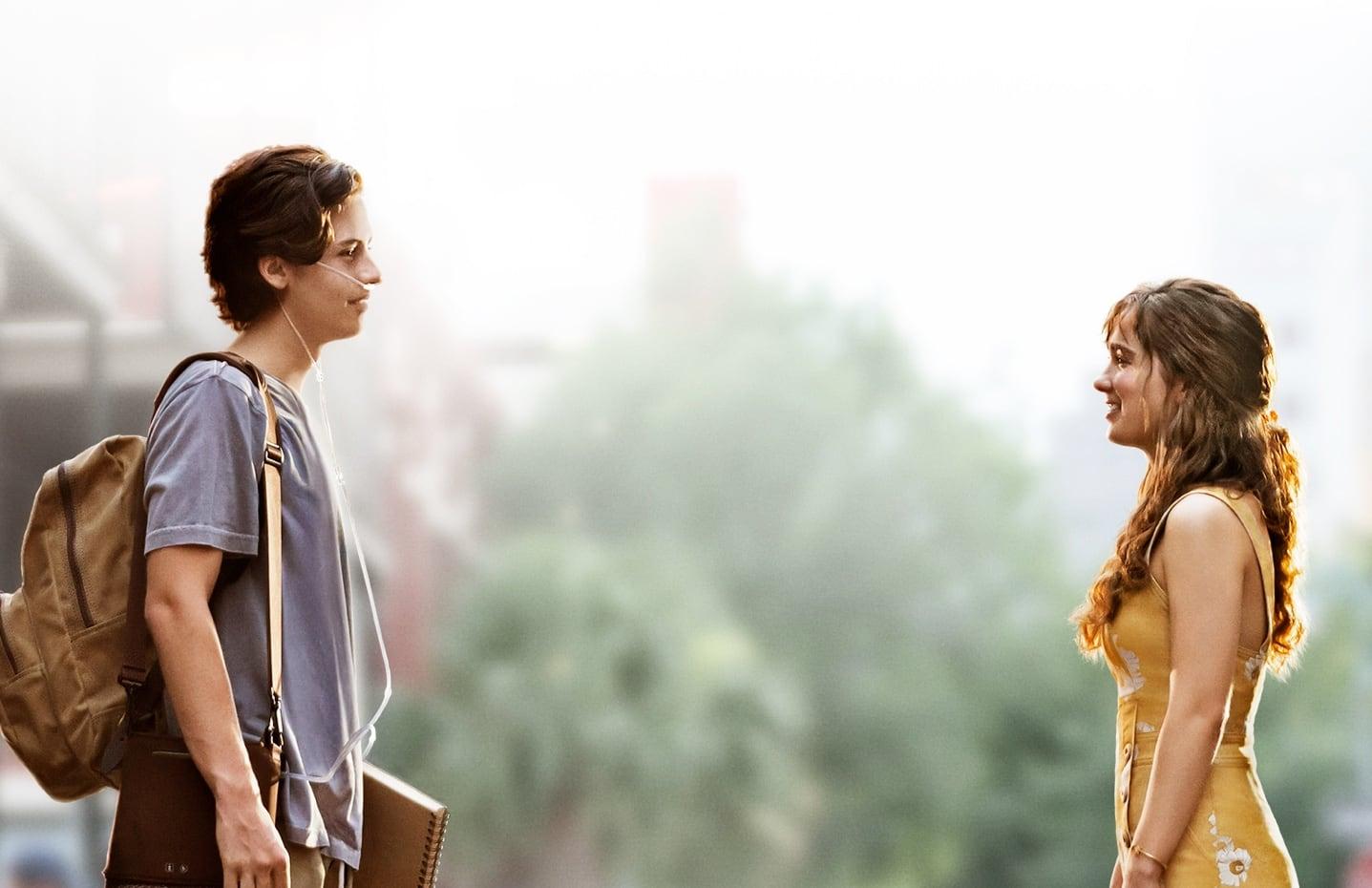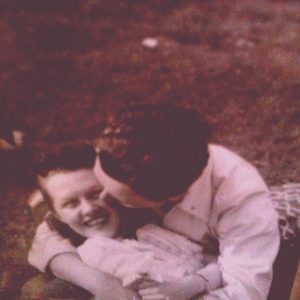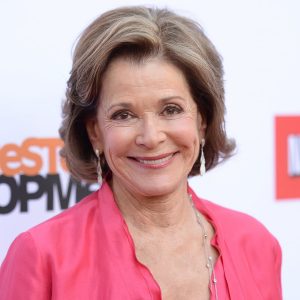My connection with the Middle East
February 26, 2020
Denial. Shame. Fear of being seen as something that I’m not.
These are all common emotions for someone with an “unusual” or misunderstood identity to feel. I have not felt these things because I am ashamed to be a person of color, someone who is not white. I have felt these things because of the negative portrayal of people with the same ethnicity as me in TV shows, movies, and the news.
My ethnicity is mixed, and more than slightly confusing—so confusing, in fact, that my siblings and I often make jokes about how we should answer the ever-present question: “Where are you from originally?” Get ready for this jumble: my mom’s mother is from India. When she was just two years old, she and her family traveled on foot to their new home in Pakistan when the partition was created between Pakistan and India; later in her life, she moved to London, England, where she married my Tanzanian grandfather, and where my mother was born. They then moved to Canada when my mom was a teenager. My mom eventually moved to the United States with my dad, and only recently got her official U.S. citizenship. And that’s my mother’s side alone. On my dad’s side, we’re from Hungary and Lebanon, but we also happen to be descended from the Phoenicians—which my siblings and I love to mention in our history classes.
My feelings concerning the Middle East will always be especially complicated, though. This is partly because I have previously felt conflicted about the way I see it, versus the many negative stereotypes that also exist. I have a connection with the place; however, my mixed, part-Middle-Eastern heritage is not the only reason why.
I was born in Abu Dhabi, United Arab Emirates, when my parents were traveling and teaching abroad. Later on, from the time I was two years old, we lived in Damascus, Syria, having moved there just two weeks after my younger sister was born in Pennsylvania. Although I was very young when we left—just four years old—the memories I have of Damascus are vivid and sharp, and stay with me to this day.

I remember going to the Friday souq, an outdoor market, with one or both of my parents, always either sitting in a stroller with my sister or walking hand in hand with my mom or dad; I remember peering up at all the tall people in the crowd discussing grocery prices, and peeking between the crowded throngs of people to see the colorful array of fruits and vegetables laid out in crates. I remember my mother trying to manage a folded stroller, collection of grocery bags, and two excitable little girls as we walked up the perpetually cramped stairway leading up to our apartment. Most of all, I remember the appearance of the busy streets in the city, and the warm smell of spices and street food mixed with a faint trace of cigarette smoke.
We left Syria when I was four years old and my sister was two. My parents made the decision to move so that we could live closer to my grandparents in the U.S., and to settle down as my sister and I grew older. We have only been back to the Middle East once since then.
But at that young age, it was not even on my radar that people in the United States would look down upon these places where we lived and traveled, as well as the people who lived there. To me, the Middle East was my home where I lived with my family.
I mentioned that I returned to the Middle East once since we left: my family had the opportunity to take a trip to Turkey when I was 13. And it was a life-changing experience. My sister and I had not even been on a plane since we were toddlers, and my brother had never traveled outside of North America at all. For half of the trip we visited Istanbul, in all of its ancient-city-glory with its grand, palatial mosques, and for the other half of the trip, a smaller village near the country’s southern border with Syria, where we learned how to milk a cow and spent our time playing tag with other kids in the rolling green fields. We learned so much about Middle Eastern culture during that trip and made friendships that have lasted to this day, despite the seas between us. We were only there for a short while, but the experiences I had and the people I met all renewed a strong love in my heart for the Middle East.
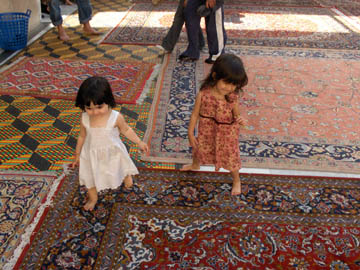
But how do I reconcile the negative image of the Middle East so often portrayed in the media with the beautifully unique, impactful experiences and personal connections that I have with it?
Whenever I see another stereotype of the people or cultures of the Middle East, either in the media or in the way people talk about it, it makes me angry. Nothing in life is black-and-white: people only look negatively upon the Middle East because of small groups of people, terrorists, who have done horrible and unspeakable things, but these people certainly do not represent the Middle East as a whole—just as school shooters or the KKK do not represent the United States as a whole. Double standard, people.
I no longer allow stereotypes and caricatures to dictate how I see myself, my culture, or my ancestors. These stereotypes and negative portrayals of the Middle East in the media do not at all represent the experiences that I’ve had, so it would not be fair of me to pretend that they do.
Now when people ask me where I am originally from, I don’t allow myself to feel any sense of shame or embarrassment, not even a little bit. I think of all the stories of my ancestors and my heritage, and I feel proud in my answer to the question—if only the short version of it, as to not take up too much time by telling the full story.
“India and Tanzania on my mother’s side, Lebanon and Hungary on my father’s side,” I answer, and the other person’s inevitable look of surprise makes me smile with the knowledge that these places make up a unique part of who I am.


